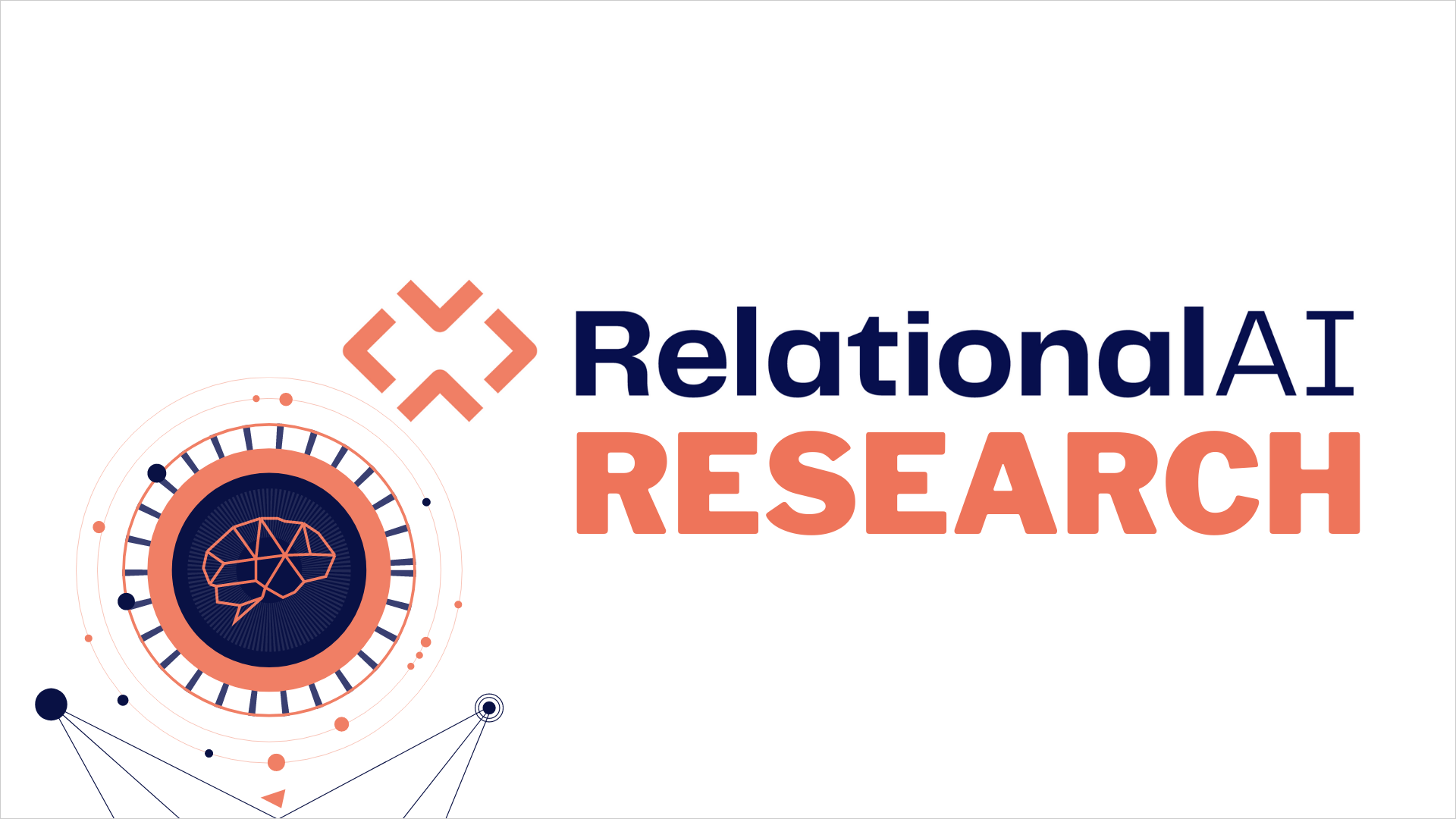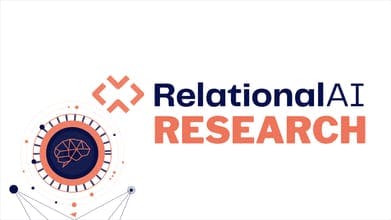Decision Problems in Information Theory

Constraints on entropies are considered to be the laws of information theory. Even though the pursuit of their discovery has been a central theme of research in information theory, the algorithmic aspects of constraints on entropies remain largely unexplored. Here, we initiate an investigation of decision problems about constraints on entropies by placing several different such problems into levels of the arithmetical hierarchy.
Authors: Mahmoud Abo Khamis, Phokion G. Kolaitis, Hung Q. Ngo, Dan Suciu. 2020.
In Proceedings of the 47th International Colloquium on Automata, Languages, and Programming (ICALP ‘20).
Constraints on entropies are considered to be the laws of information theory. Even though the pursuit of their discovery has been a central theme of research in information theory, the algorithmic aspects of constraints on entropies remain largely unexplored. Here, we initiate an investigation of decision problems about constraints on entropies by placing several different such problems into levels of the arithmetical hierarchy. We establish the following results on checking the validity over all almost-entropic functions: first, validity of a Boolean information constraint arising from a monotone Boolean formula is co-recursively enumerable; second, validity of “tight” conditional information constraints is in Π0 3. Furthermore, under some restrictions, validity of conditional information constraints “with slack” is in Σ02, and validity of information inequality constraints involving max is Turing equivalent to validity of information inequality constraints (with no max involved). We also prove that the classical implication problem for conditional independence statements is co-recursively enumerable.
Read the PDF: Decision Problems in Information Theory (opens in a new tab)
Related Posts

Maintaining Triangle Queries under Updates
We consider the problem of incrementally maintaining the triangle queries with arbitrary free variables under single-tuple updates to the input relations. We introduce an approach called IVM that exhibits a trade-off between the update time, the space, and the delay for the enumeration of the query result, such that the update time ranges from the square root to linear in the database size while the delay ranges from constant to linear time. IVM achieves Pareto worst-case optimality in the update-delay space conditioned on the Online Matrix-Vector Multiplication conjecture.

A Principled Approach to Selective Context Sensitivity for Pointer Analysis - TOPLAS
In this work, we present a more principled approach for identifying precision-critical methods, based on general patterns of value flows that explain where most of the imprecision arises in context-insensitive pointer analysis.